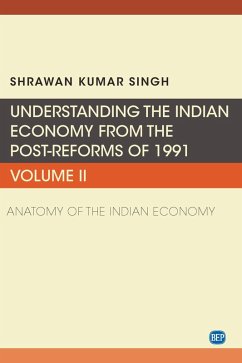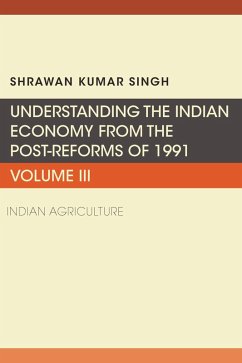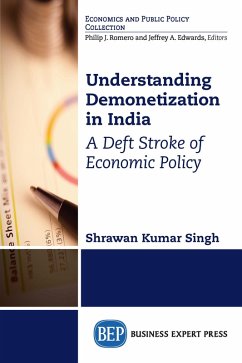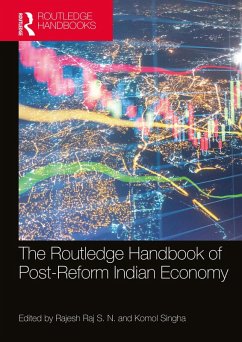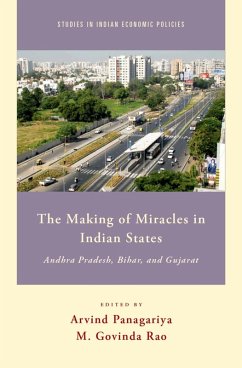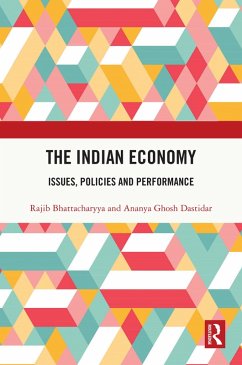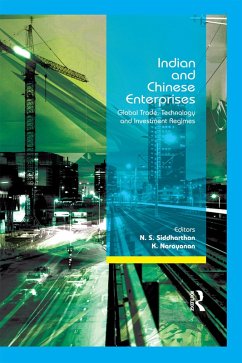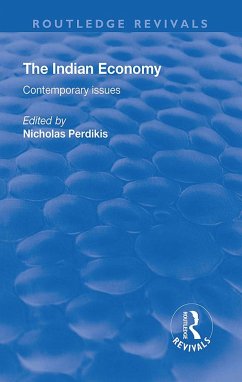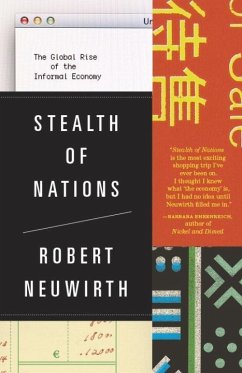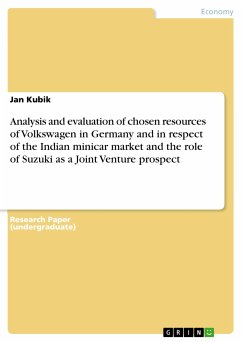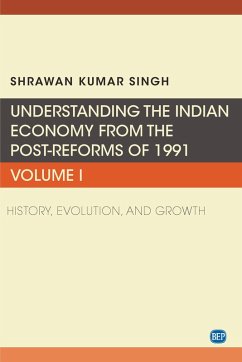
Understanding the Indian Economy from the Post-Reforms of 1991, Volume I (eBook, ePUB)
History, Evolution, and Growth

PAYBACK Punkte
5 °P sammeln!
>This series is intended to serve as an introduction to the Indian Economy from the Post Reform of 1991.The author makes an endeavor to present how India's economic fortunes dwindled over the centuries. This first volume begins with an analysis of the history, evolution, and growth of the Indian economy through several periods along with their positive and negative aspects.The author attempts to bring fairly interesting snapshots to highlight how the Indian economy has evolved over the years. The book provides history; traces the evolution of the economy during the early Muslim period and the ...
>This series is intended to serve as an introduction to the Indian Economy from the Post Reform of 1991.The author makes an endeavor to present how India's economic fortunes dwindled over the centuries. This first volume begins with an analysis of the history, evolution, and growth of the Indian economy through several periods along with their positive and negative aspects.
The author attempts to bring fairly interesting snapshots to highlight how the Indian economy has evolved over the years. The book provides history; traces the evolution of the economy during the early Muslim period and the Mughal Empire as well as during the British regime (1761 to 1947); and analyzes the impact of the British regime and the growth of the economy between 1947 and 1990. Points of analysis include policy framework-state and market; NITI Aayog-a think tank; the Indian polity-fiscal federalism; democracy and development; the economic policy regime prior to 1991; and economic reforms. The penultimate chapter looks at the future direction and task ahead of the economy. Finally, Indian economic thought is analyzed. There is plenty to discuss!
The author attempts to bring fairly interesting snapshots to highlight how the Indian economy has evolved over the years. The book provides history; traces the evolution of the economy during the early Muslim period and the Mughal Empire as well as during the British regime (1761 to 1947); and analyzes the impact of the British regime and the growth of the economy between 1947 and 1990. Points of analysis include policy framework-state and market; NITI Aayog-a think tank; the Indian polity-fiscal federalism; democracy and development; the economic policy regime prior to 1991; and economic reforms. The penultimate chapter looks at the future direction and task ahead of the economy. Finally, Indian economic thought is analyzed. There is plenty to discuss!
Dieser Download kann aus rechtlichen Gründen nur mit Rechnungsadresse in A, D ausgeliefert werden.




